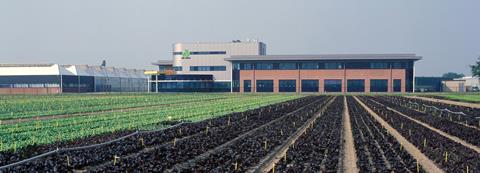
A new report released by KPMG lays out the reasons Australia needs to take note from the Dutch, who command 810 times more agri-food export earnings per hectare, and nearly three times more in dollar value.
Innovative technology, collaboration, and a values-driven ecosystem are three of the pillars to Dutch agri-food success. The report, titled Going Dutch – Opportunities for the Australian Agri-food Sector has a number of key recommendations for bringing Australia up the rankings.
A main sticking point is development in the technology sector, building off Australia’s current product focus to suit the country's offerings. Investment into leading-edge technology is a big factor in Dutch success.
Adding to that, fostering collaboration between academics and businesses to foster collaboration and innovation centres. In the Netherlands, companies like Unilever and FrieslandCampina come together to build centres fostering agricultural research and growth like the Wageningen University & Research.
The final top recommendation is for Australia to embrace the quality and diversity of our emerging talent. This must be done through a better network of startup and tech leaders, encouraging them to engage with and challenge agri-food producers. This is crucial not just for new value created through technology but for the export of solutions as well as commodities.
“The question now for Australia’s agri-food industry is what changes we need to make to create an industry that is just as focused on creating value from intellectual property and technology as it is on producing commodities?” said Ben van Delden, KPMG Australia partner and Agri-food Tech Sector leader.
“Of the many lessons we can take from the Dutch, the most useful and relevant is the power of collaboration. Whether it's co-investing in geothermal wells to heat greenhouses, creating food processing and logistics precincts, or industry-led investment in research facilities - there is a default mindset of partnering to do things faster and with greater scale.”



